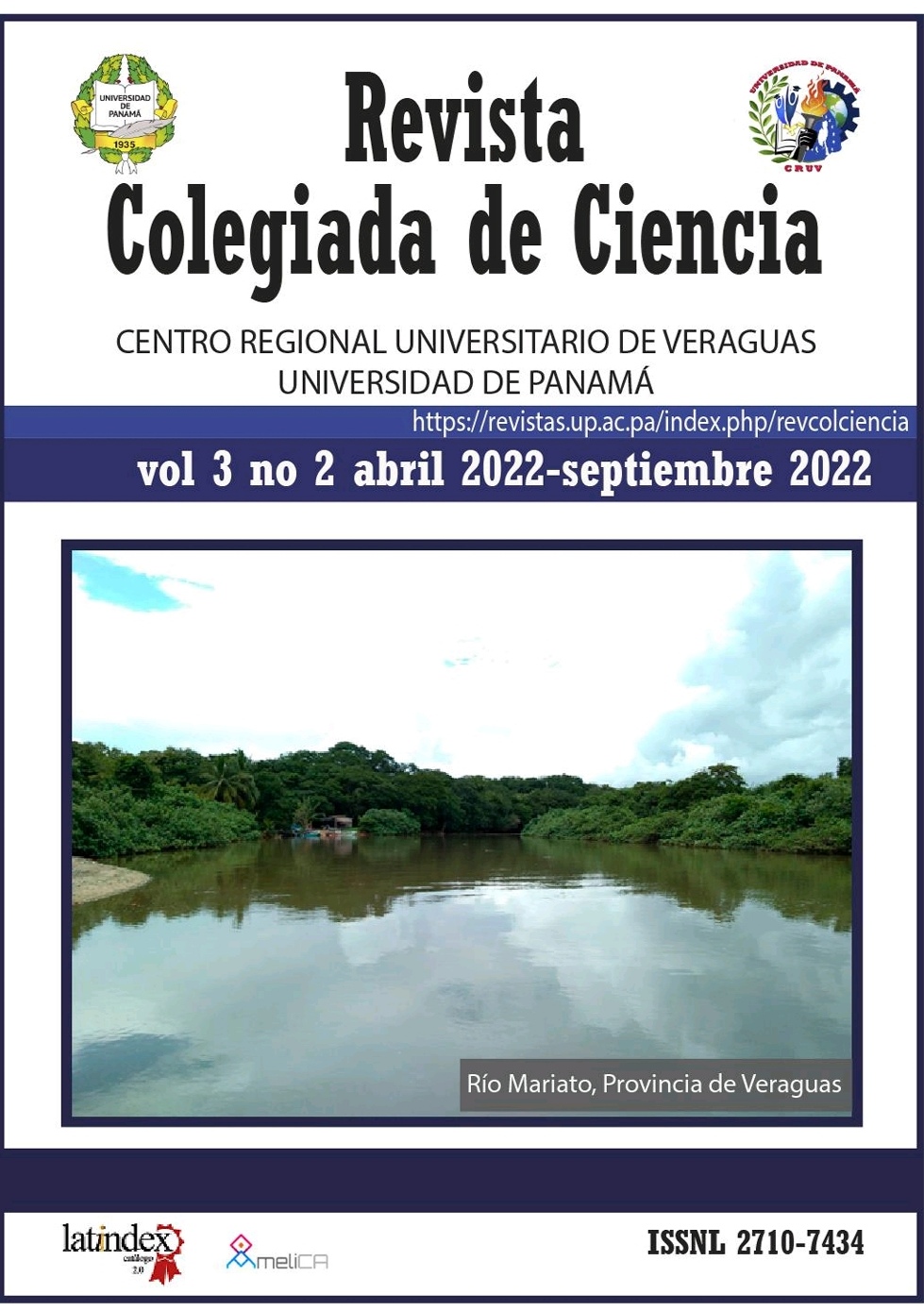References
Asociaciones de Psiquiatría y Psicología Clínica por la Salud Mental de la Infancia y Adolescencia de España (2020). Salud Mental en la Infancia y la Adolescencia en la era del COVID-19. Informe de Evidencias y Recomendaciones de las Asociaciones Profesionales de Psiquiatría y Psicología Clínica Informe, Editado por Fundación Española de Psiquiatría y Salud Mental, Madrid (España) pp.156. https://www.sepypna.com/documentos/2020_InformeCOVID_final.pdf
Bordignon, N. (2005). El desarrollo psicosocial de Eric Erikson. Revista Lasallista de Investigación. Revista Lasallista de Investigación, 2(2), julio-diciembre, pp. 50-63 Corporación Universitaria Lasallista Antioquia, Colombia https://www.redalyc.org/pdf/695/69520210.pdf
Brooks, S., Websterb, R., Smith, L., & Woodland, L. (2020). El impacto psicológico de la cuarentena y cómo reducirlo: revisión rápida de la evidencia. The Lancet. com, vol 395, pp.912-920 https://www.thelancet.com/action/showPdf?pii=S0140-6736%2820%2930460-8
CEPAL/UNESCO (2020). La educción en tiempos de pandemia de COVID-19. Informe COVID-19, 1-19. https://repositorio.cepal.org/bitstream/handle/11362/45904/1/S2000510_es.pdf
Díaz, J. (2019). La salud mental en adolescentes: una prioridad para la Salud Pública. Revista Cúpula, 33 (1),.7-10 https://www.binasss.sa.cr/bibliotecas/bhp/cupula/v33n1/Editorial.pdf
Durán, R. (2015). La Educación Virtual Universitaria como medio para mejorar las competencias genéricas y los aprendizajes a través de buenas prácticas docentes. España. UPC. (Tesis doctoral) Universidad Politécnica de Cataluña. https://www.tdx.cat/bitstream/handle/10803/397710/TRADR1de1.pdf?sequence=1&isAllowed=y
Estévez, Y., Bulgado, D., Valdés Valdés, O. y Llivina Lavigne, M (2020). Educación para la atención socioemocional ante desastres naturales, tecnológicos y sanitarios en Cuba. Ministerio de Educación de Cuba (MINED). Organización de las Naciones Unidas para la Educación, la Ciencia y la Cultura (UNESCO). Fondo de las Naciones Unidas para la Infancia (UNICEF). https://www.mined.gob.cu/wp-content/uploads/2020/04/folleto_1_ed.pdf
Fernández, H., Gómez, T. y Pérez, M. (2020). Intersección de pobreza y desigualdad frente al distanciamiento social durante la pandemia COVID-19. Revista Cubana de Enfermería, vol36(e 3795) http://web.a.ebscohost.com/ehost/detail/detail?vid=10&sid=b8a27612-9a8a-428b-8eef-135d645c261e%40sessionmgr4006&bdata=Jmxhbmc9ZXMmc2l0ZT1laG9zdC1saXZl#AN=146433605&db=lth http://www.revenfermeria.sld.cu/index.php/enf/article/view/3795/618
Francesc, P. (2020) COVID-19 y educación superior en américa latina y el caribe: efectos, impactos y recomendaciones políticas, IESALC, Análisis carolina, 1-15. https://www.iesalc.unesco.org/wp-content/uploads/2021/01/AC-36.-2020.pdf
González-Jaimes, N., Tejeda-Alcántara, A., Espinosa-Méndez, C., Ontiveros-Hernández, Z. (2020) Impacto psicológico en estudiantes universitarios mexicanos por confinamiento durante la pandemia por Covid-19. Pre print Scielo. https://doi.org/10.1590/SciELOPreprints.756
Grupo Banco Mundial Educación (2020). Covid-19: impacto en la educación y respuestas de política pública, Informe ejecutivo. https://thedocs.worldbank.org/en/doc/454741593524928204-0090022020/original/Covid19EducationSummaryesp.pdf
Johnson, M. C., Saletti-Cuesta L. y Tumas, N. (2020). Emociones, preocupaciones y reflexiones frente a la pandemia del Covid-19. Ciencias & Saude Coletiva, 25(suplemento 1), 2447-2456. https://scielosp.org/pdf/csc/2020.v25suppl1/2447-2456/es,
Lee, J. (2020). Efectos en la salud mental del cierre de escuelas durante COVID-19. The Lancet Child & Adolescent Health. https://www.thelancet.com/journals/lanchi/article/PIIS2352-4642(20)30109-7/fulltext?mod=article_inline
Martínez, A. (2020). Salud Mental en la Infancia y la Adolescencia en la era del COVID-19. Editorial Fundación Española de Psiquiatría y Salud Mental. https://www.sepypna.com/documentos/2020_InformeCOVID_final.pdf
Moreno, A. (2015). La adolescencia. UOC. https://elibro.net/es/ereader/upanama/113757
Munárriz Ferrandis. M (2020) Sobre salud mental, COVID-19 y normalidad. Rev. Asoc. Esp. Neuropsiq. 9(11), 9-11. https://scielo.isciii.es/pdf/neuropsiq/v40n137/2340-2733-raen-40-137-0009.pdf
OMS. (1989). La Salud para los jóvenes. Discusiones Técnicas. https://apps.who.int/iris/bitstream/handle/10665/202360/WHA42_TD-1_spa.pdf?sequence=1&isAllowed=y
OPS. (2012). Manual clínico de la adolescencia. OPS. https://fjre.org.py/wp-content/uploads/2019/08/Adolescencia-Manual-Cl%C3%ADnico-Octubre-2012.pdfOPS
Orellana, C; Orellana, L (2020) Predictores de síntomas emocionales durante la cuarentena domiciliar por pandemia de COVID-19 en El Salvador Actualidades en Psicología, vol. 34,(128), pp. 103-120 Universidad de Costa Rica Costa Rica DOI: https://doi.org/10.15517/AP.V34I128.41431 https://www.redalyc.org/journal/1332/133263700006/133263700006.pdf
Papalia, D. F. (2012). (12ª ed.). Desarrollo humano. McGraw Interamericana.
Puertas. P.; Ubago, J., Jiménez, R., Moreno, R., Martínez, A. y González, G. (2018). La inteligencia emocional en la formación y desempeño docente: una revisión sistemática. REOP, 29(2), 128 - 142 https://scholar.google.com.pa/citations?view_op=view_citation&hl=es&user=sHfJ0r8AAAAJ&citation_for_view=sHfJ0r8AAAAJ:ZeXyd9-uunAC
Ruvalcaba Romero, N. A., Gallegos Guajardo, J., y Bravo Andrade, H. R. (2019). Validez predictiva de las competencias socioemocionales sobre la resiliencia en adolescentes mexicanos. Diversitas. Perspectivas en psicología, 15(1), 89-101. http://www.scielo.org.co/pdf/dpp/v15n1/1794-99-98-dpp-15-01-89-101.pdf
Tapia-Gutiérrez, C. P. y Cubo-Delgado, S. (2017). Habilidades sociales relevantes: percepciones de múltiples actores educativos. Revista internacional de investigación en educación, 9(19), 133-148. https://www.redalyc.org/pdf/2810/281052678007.pdf
UNICEF. (2020). El impacto del COVID-19 en la salud mental de adolescentes y jóvenes. Coronavirus 2019 (COVID-19). https://www.unicef.org/lac/el-impacto-del-covid-19-en-la-salud-mental-de-adolescentes-y-j%C3%B3venes
Wilder-Smith, A y Freedman, D. (2020) Isolation, quarantine, social distancing and community containment: pivotal role for old-style public health measures in the novel coronavirus (2019-nCoV) outbreak. Journal of Travel Medicine, 1(4). doi: 10.1093/jtm/taaa020

